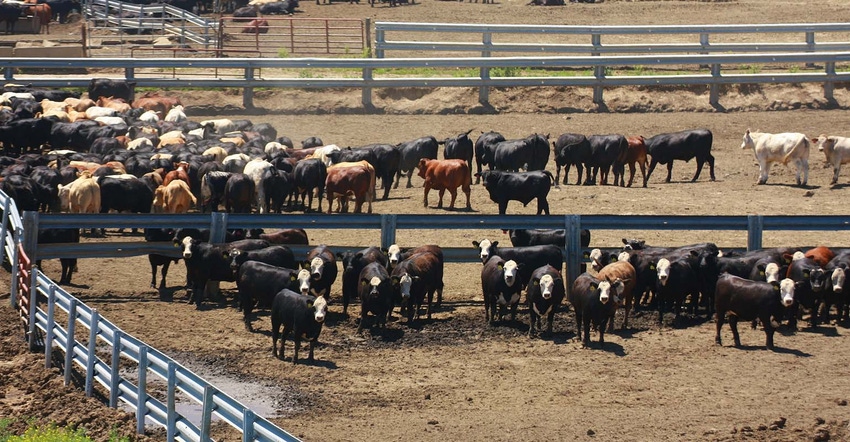
President Trump’s EPA has been soliciting public comment and recommendations on what national compliance initiatives (NCIs) or enforcement targets should be taken by EPA. Once again the Trump administration is being attentive to farmers, ranchers and agricultural interests.
What is an NCI? It tells the public where EPA will focus most of its efforts on enforcement and compliance. It’s a way for the agency to tell the public where it will be focusing its priorities – on what it considers the most serious environmental concerns.
Good news. At the end of fiscal year 2018, one year ahead of the current NCI cycle, EPA returned the subset of concentrated animal feeding operations (CAFOs) to what is called EPA’s core compliance assurance program. EPA claims it is terminating the CAFO NCI because enforcement opportunities “…were limited because of court rulings that narrowed the universe of facilities required to be permitted.” EPA states “…most enforcement in this area [CAFOs] is administrative, not judicial. Thus, addressing the environmental problems arising from animal waste is more appropriate as part of the core compliance assurance program.”
This does not mean EPA and its regional offices will ignore CAFOs. On the contrary, EPA, working with approved state programs, will continue to conduct inspections and enforcement actions against CAFOs. What EPA is really saying is that during the Obama administration, EPA was defeated frequently in its efforts to sue CAFOs. EPA between 2007-2018 did conduct 2,213 federal inspections and undertook 466 federal enforcement actions. It worked with states to identify and address alleged illegal discharges from CAFOs. EPA is also soliciting public comment and recommendations to be undertaken in fiscal years 2020-2023. The comment period for providing views to the agency closed on March 11.
Seven enforcement areas
EPA’s new major compliance initiatives (enforcement) focus will be on seven areas. The present initiatives include cutting hazardous air pollutants; reducing toxic air emissions from hazardous waste facilities; reducing risk of accidental releases at industrial and chemical facilities; keeping industrial pollutants out of the nation’s waters; ensuring energy extraction activities comply with environmental laws; keeping raw sewage and contaminated storm water out of the nation’s waters; and reducing air pollution from the largest sources.
EPA has sought public comment as to whether it should continue focusing on these major environmental problems as the agency claims.
Because EPA has terminated the national compliance initiative against CAFOs it can be assumed environmental and animal rights groups will likely request this initiative be continued.
Public comments were filed by a large number of agricultural groups such as the National Pork Producers, National Cattlemen’s Beef Association, National Council of Farmer Cooperatives and others supporting EPA’s proposal to return CAFOs and agricultural activities to EPA’s core program. The agricultural groups compliment EPA: “EPA is making good on its commitment of partnering with states through the implementation of state nutrient reduction strategies that will improve nutrient retention on agricultural land.”
For the 2020-2023 period, EPA wants to extend its program of cutting hazardous air pollutants, reducing toxic air emissions at hazardous waste facilities and reduce accidental chemical releases. EPA indicates it intends to modify two of the initiatives involving keeping industrial pollutants out of the nation’s waters and ensuring energy extraction activities are complying with environmental laws.
EPA claims it wants to move from the Obama administration’s focus on natural gas extraction to looking at various energy extraction activities. Two new national compliance initiatives will involve seeking increased compliance with drinking water standards which is driven by the Flint, Michigan fiasco.
The second new compliance initiative involves an old issue which is reducing children’s exposure to lead. Even though agriculture is not mentioned, EPA will be seeking to reduce the number of square miles of a watershed where surface water does not meet EPA water quality standards.
Because most watersheds include significant agricultural operations, agriculture will not escape totally from EPA’s overreaching hand.
The opinions of the author are not necessarily those of Farm Futures or Farm Progress.
About the Author(s)
You May Also Like




